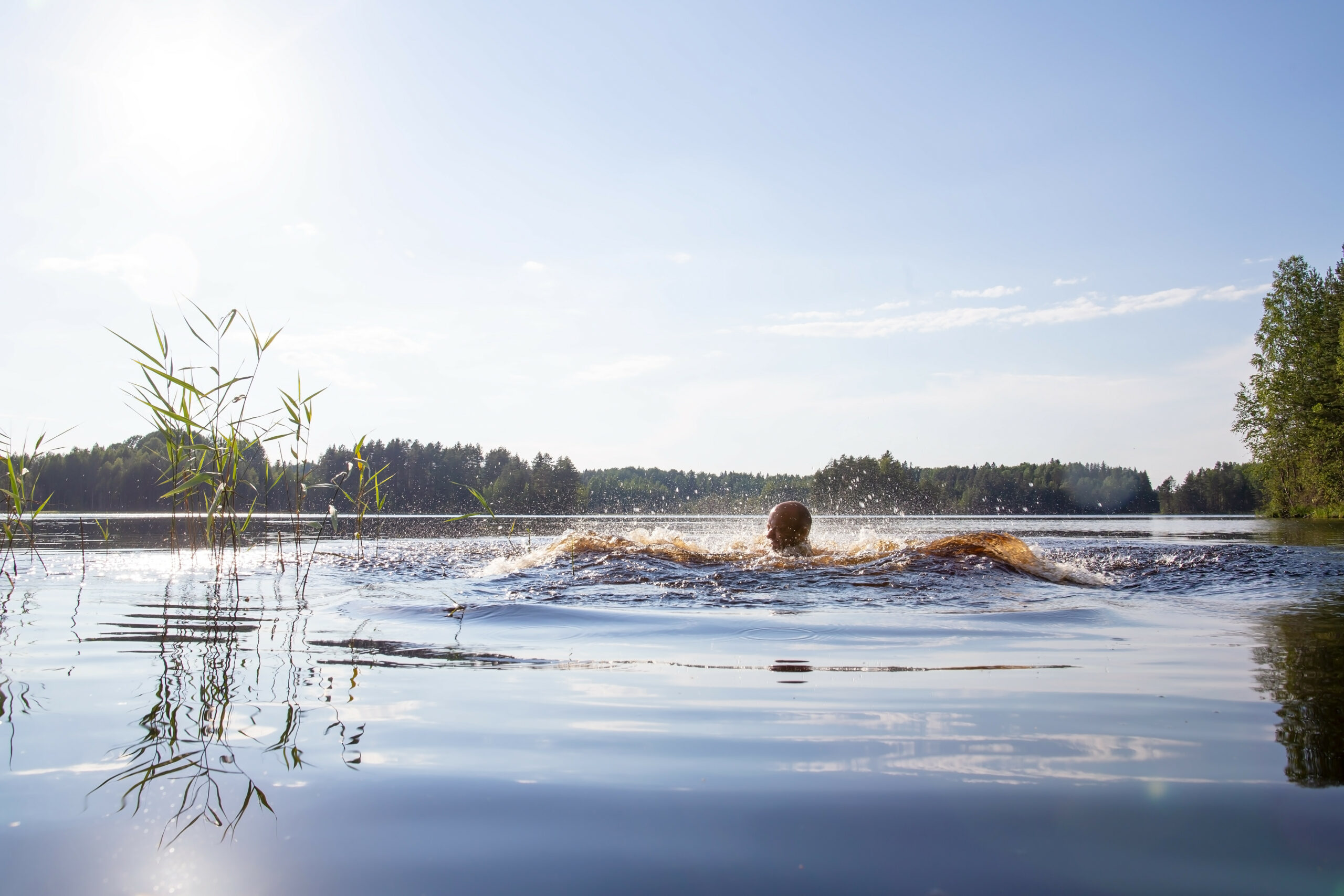Science and technology alone will not save the earth. The eco-capitalists would like us to believe that. Through the “right” innovations and high-tech discoveries, we can continue our familiar way of life. We can continue to drive the car as long as it is electric. We definitely still have to grow economically, as long as we’re decarbonised. Blind belief in salvation through science and technology displaces the idea that the entire climate problem is a human matter, and that the crisis of nature is in fact a crisis of culture. To combat global warming, we must first change our lives: our behaviour, habits, values and mores. In short, our culture must be significantly modified.
But how do you change your life, how do you do it? Obviously, scientific arguments cannot completely convince us. Climate report after climate report, more and more. Lots of empirical evidence, but we continue to eat meat, consume plastic, and ride airplanes. Even after Covid-19: business as usual. We seem to be missing something that can really convince us. If scientific evidence doesn’t help, then what?
Behavior and culture are not changed by rational arguments alone. Influences, emotions and our entire sensory capacity play a crucial role in this. For example, environmentalists have explored the importance of environmental aesthetics for some time now. Showing the beauty of a landscape can convince people to take care of it also from an environmental point of view. So aesthetics is important, but it’s about more than just a pretty photo.
Aesthetics connects all of our senses with emotions, atmospheres, and moods. Designers know this very well. Sounds, colors, smells, and temperatures can make us sad or in a good mood. Sensory experiences are important. They can stress us out or make us focus. They can make us feel at home or even kick us out. Our physical environment contains large amounts of information that we often take in unconsciously. This is also a matter of aesthetics.
Audiovisual culture
Today’s digital environment teaches us how to manipulate that information. Internet culture is an audiovisual culture: the aesthetic of watching and listening only. The culture of visual stimulation also has a beautiful effect on our focus and rhythm. Our sensory abilities are affected by it. This aesthetic deprivation also leads to less empathy: less empathy for the vulnerability of the people and things around us.
After all, aesthetics depends in part on “viscerality”, as well as on quasi-chemistry and mirror neurons. These are chemicals and neurons that we are constantly exchanging with our physical environment, which are constantly telling us about the state of our fellow humans and “fellow nature.” For example, a polluted air climate is also physically responsible for our mental and social climate of fear. You can literally breathe out of fear.
It’s about the data we easily avoid and suppress behind a screen. It restricts our aesthetic capacity and confuses our emotional system. Anyone who has an addicted player at home will immediately understand what I mean. The online world has a huge impact on our behavior and therefore our culture.
What I am saying is that culture is based not only on morals and ethics, but also on our aesthetic experiences. Our life habits are transmitted not only by purely rational coordinates, but also by our sensory minds. Therefore, this is an important task for education and culture. We stretch our sensory capabilities as far as possible. Allowing smartphones into the classroom is no longer about teaching that aesthetic ability.
But prohibition is a negative educational technique that also requires a positive interpretation. Therefore, aesthetics and arts must be well promoted. Taken seriously too. These courses go way beyond just chatting with a photo. Our sensory family is fully formed in it. Behavior will hardly change if we do not learn to balance that family again. To get through the climate crisis, we’ll also have to put our aesthetics in order. Learn to feel again in the sensual sense of the word: sensual, emotional – touch and touch the ground.

“Total coffee specialist. Hardcore reader. Incurable music scholar. Web guru. Freelance troublemaker. Problem solver. Travel trailblazer.”









More Stories
Brabanders are concerned about climate change.
The “term-linked contract” saves space on the electricity grid.
The oystercatcher, the “unlucky national bird,” is increasingly breeding on rooftops.